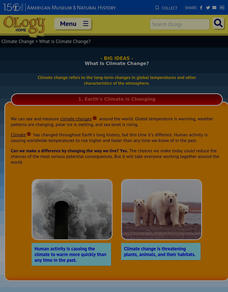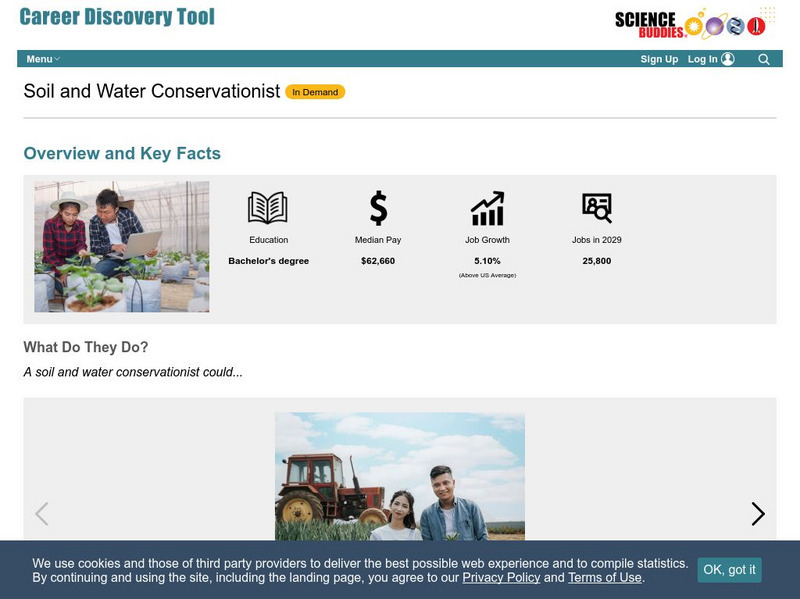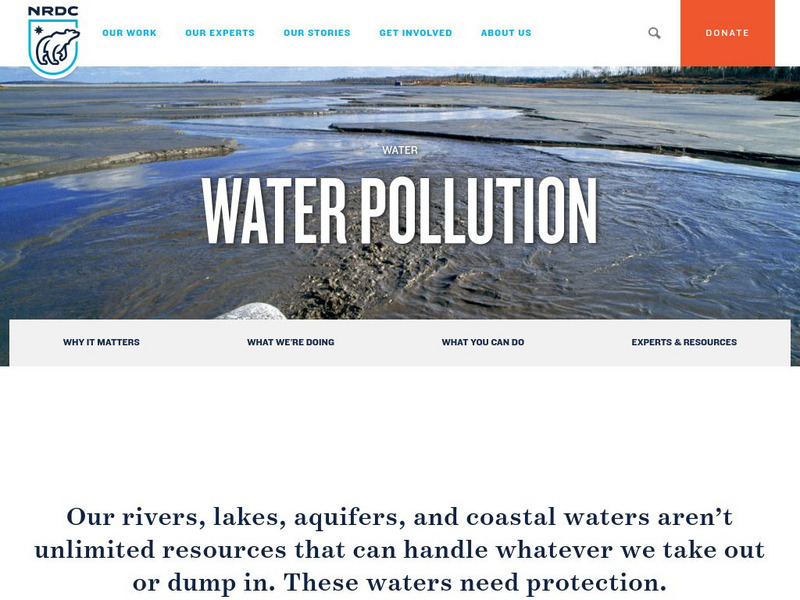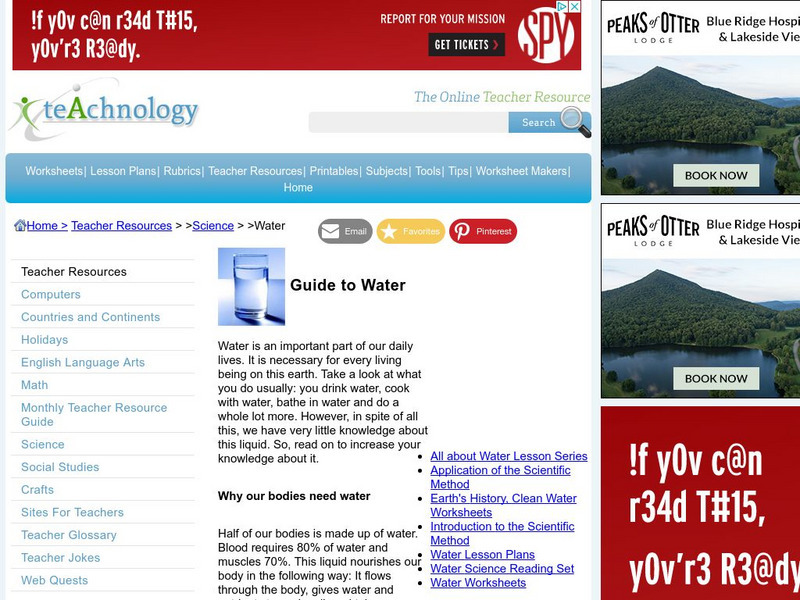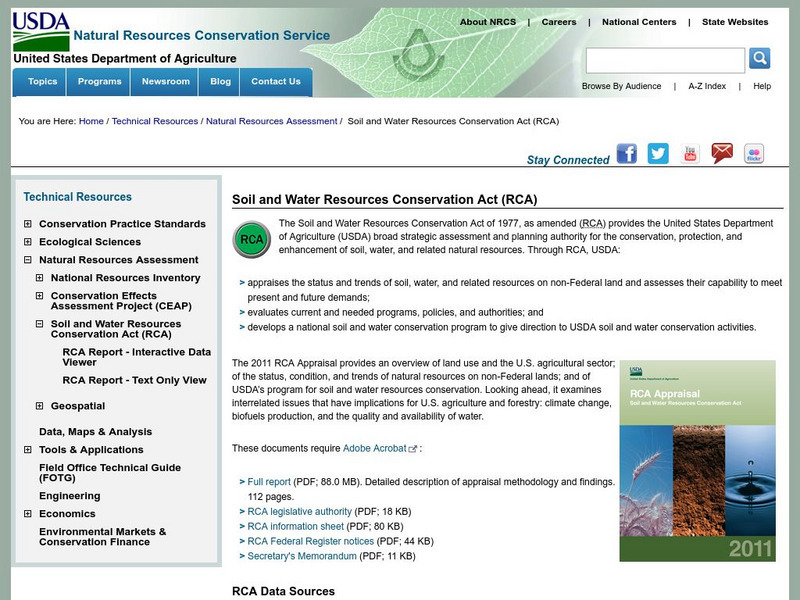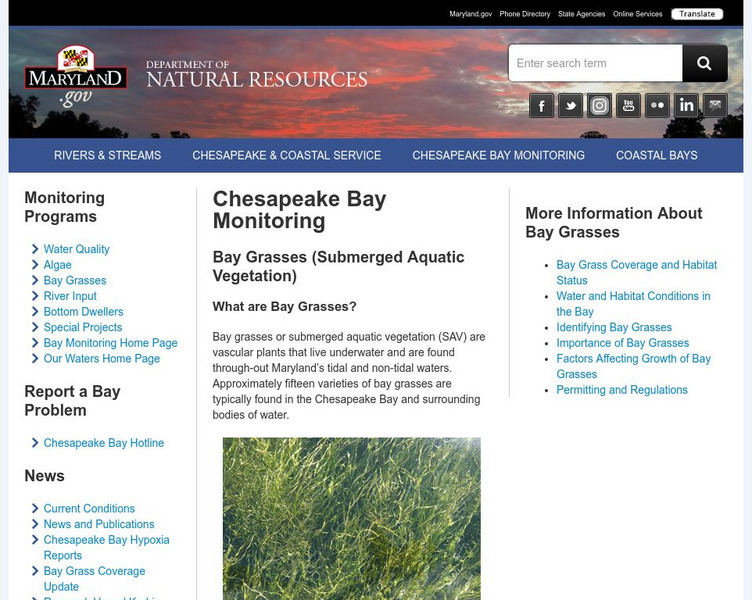American Museum of Natural History
Fascinating Fish
A fish is not just a fish. So many fish in remote places have unique characteristics. Take a trip with an ichthyologist to the Congo River to discover the species of one of the most diverse fish populations in the world. The online...
American Museum of Natural History
Bio-Benefits
Kick-start a discussion of the importance of biodiversity with a colorful resource that touts the benefits of maintaining healthy ecosystems. The images stress the interdependence of all the elements of an ecosystem.
American Museum of Natural History
What is the Greenhouse Effect?
Without the greenhouse effect, Earth would not be inhabitable. A thorough online resource describes the greenhouse effect and how it occurs. The source highlights the different types of gases that work together to absorb the sun's...
American Museum of Natural History
What's This?: Mythic Creatures
Fantastic beasts, and where to find them, are featured in a resource that offers images of real animals that just might have given rise to some of mythic creatures of legend.
American Museum of Natural History
A Whale of a Tale
What's the most interesting fact about a blue whale? Learners read an interview about the similarities between the Titanosaur and the blue whale displays at the American Museum of Natural History. Pupils learn not only about blue whales...
American Museum of Natural History
Ask a Scientist About Our Environment
Let's ask an expert! Scientists at the American Museum of Natural History field questions about the environment in an interactive resource. Question topics range from global warming and conservation to endangered species and habitats.
American Museum of Natural History
What Is Climate Change?
So many factors show that climate change has arrived. Learners read through an online resource that explains the data and the consequences of climate change. They also review strategies for slowing or even reversing the global influence.
US Senate
U.s. Senate Committee on Energy and Natural Resources
The responsibilities of the Committee on Energy and Natural Resources oversees important legislation in Congress and has distinguished itself as among the most nonpartisan in the Senate.
Other
Natural Resource Management (Australia)
This homepage provides links to many articles and issues concerning Australia's natural resources and environment, including the atmosphere, coasts and oceans, inland waters, and more.
Other
North Carolina Department of Energy and Natural Resources: Stormwater Pollution
Lots of information about stormwater - what it is, how it can become polluted and impact on water resources, how to prevent this, and how to conserve and protect water resources.
Other
Nevada Department of Conservation & Natural Resources
This site contains information on many of the issues the State of Nevada is dealing with today: Environmental Protection, Forestry, Natural Heritage, State Lands, State Parks, Water Resources, Wildlife, Wild Horses, and more.
Science Buddies
Science Buddies: Career Profile: Soil and Water Conservationist
Soil and water conservation are important in the protection of the earth's natural resources. Read about the careers that study and encourage conservation. Find out about the educational requirements necessary to become a soil or water...
Other
Nrdc: Clean Water and Oceans
What prompted congress to pass the Clean Water Act? Has this legislation been successful? The Natural Resources Defense Council offers information on fresh and ocean waters, pollution control, conservation, and more.
Teachnology
Teachnology: Water Theme Resources
For any educator preparing a teaching theme/unit on water, this is the site for you! Included are links to a myriad of lesson plans, worksheets, hands on activities, web quests, interactive sites, and famous scientists and inventors.
Other
One Water
With this resource, students investigate global water issues. The resource consists of articles, a directory, and profiles on the journalists.
Other
Denver Museum of Nature and Science: Water and Life on Mars?
Students examine how scientists are searching for evidence of water and life on Mars. Some topics explored are water and life, water-life connection, and facts about Mars. News, pictures, animations, and additional resources are included.
Other
Njawwa: Kids' Water Zone
Students can learn fun facts about water, perform experiments with it, and play games about it. Includes links and a suggested reading list.
PBS
Pbs: Nature: Springs Eternal Florida's Fountain of Youth
A PBS website where you can learn all about what's swimming around below the waters of Florida.
US Department of Agriculture
Nrcs: Soil and Water Resources Conservation Act (Rca)
Provides background to the Soil and Water Resources Conservation Act of 1977 and its later amendments. Describes how input was gathered from various public interest groups. The full report, an information sheet, summaries of meetings,...
Province of British Columbia
Water Stewardship Division: Ground Water
The Government of British Columbia provides all necessary information on ground water such as wells, ground water quality, legislation, and more.
Globe
The Globe Program: Learning to Benefit the Environment
The GLOBE program is a worldwide network of students and scientists working together to monitor Earth's atmosphere and water. There are lots of resources here, and you can email a student involved in the program to learn more about GLOBE.
Other
Wildlands League
Wildlands League is a registered charity in Ontario, and a chapter of the Canadian Parks and Wilderness Society (CPAWS). It aims to preserve wilderness areas and the biological diversity of lakes, forests, rivers, grasslands and...
US Geological Survey
U.s. Geological Survey: The Usgs and Science Education
"Explore things on, in, around and about the earth," with this web site dedicated to K-12 education from the United States Geological Survey. Homework help, science topics and fun learning games for students in Kindergarten through High...
Other
Maryland Dnr: Chesapeake Bay Monitoring: Bay Grasses
This resource provides information about the marine grasses found in the Chesapeake Bay. Click on adjacent links to learn about their habitat, how to identify them, and why they are important.






